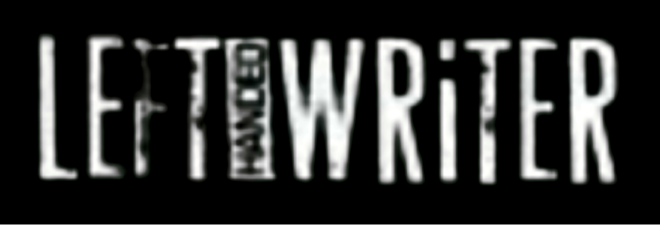Memory, Comprehension & Understanding.
Just because you’ve memorized the material, doesn’t mean you’ve actually learned it. There are three stages of the learning process. Finding the material (Acquisition), committing it to memory (Memorization), and using the material (Utilization).
Most learning—comprehension and deep understanding—takes place in the 3rd stage. It is easy to confuse memorization with learning. But being able to parrot something back is not the same as understanding it. That comes from actually using the information. Playing with it. Experimenting with it.
In school, 99% of what passes for utilization is actually NOT utilization. It is rote repetition disguised as work. Most homework is simply forcing students to repeat facts and principles over and over. Tests and most writing assignments focus more on parroting back the information rather than digesting it and digging deeper.
Here’s a little secret: “deep thinking” isn’t scary or boring or hard. It isn’t a talent or a gift you are born with. It is a simple set of skills people just aren’t taught anymore. Four skills to be exact. And all four are simply a matter of asking the right questions.
The four Critical Thinking Skills are: Analysis, Critique, Creativity and Logic. And each can be expressed with a single question.
Analysis: What is this?
Critique: What is it like/unlike?
Creativity: What if…?
Logic: If… then…?
Simply asking these four questions when you encounter a new piece of information will put you far, far ahead of the vast majority of people. But the goal here isn’t simply to get ahead of everyone else. It is to allow you to quickly and easily improve your comprehension and understanding of new material. So let’s take a closer look.
Analysis
Analysis is objective and deconstructive. It is asking “what is this?” What are its dimensions? What is the definition? How much does it weigh? What does it do? What are its parts? What are their dimensions and functions and physical qualities? How do they all fit together? Work together?
Critique
Critique is also deconstructive, but it is subjective. What does this mean? What is it like/not like? Is it good or bad? Is it good or evil? What is it bigger than? Smaller than? Where is its place in the universe? What does it mean in its context? What does it mean to me? To the world?
Creativity
Creativity is constructive and subjective. Here we should delineate the difference between creative and artistic. Art is a depiction of the artist’s interpretation of a thing or idea. Creativity, on the other hand, is shifting the way you look at the world. It is taking two unrelated ideas and smashing them together just to see what happens. It is taking a look at something and asking what else it could be. Looking what is and asking “what if it wasn’t?”
Logic
Logic is constructive and objective. It is looking at what is and drawing concrete conclusions form it. If “this” is true, what does that mean for “that?” If “this” is NOT true, what does it mean for “that?”
The 4 Critical Thinking Skills in Action
Let’s say you’ve committed something to memory, from a text or a lecture. You reviewed it immediately and then again an hour or so later.
Later that night, during your third review, ask yourself about the overarching subject: what is this? You don't have to write this out, just ask the question in your mind. If you can’t answer it, then you know what you don’t know, and you can set out to find that information.
If you DO know what it is, then ask yourself “what is it like? What is it not like/opposite to? If you can’t answer these, then you know what you don’t know and can set out to find the answers.
If you DO know, ask yourself “what if ‘X’?” What if this disappeared/never existed? What if it did the opposite? What if it had been invented by a dog? By Da Vinci? By Darth Vader? Find a random picture in a magazine; what do you get if you combine this new information with this picture? Let your imagination run. What question you ask is of little importance as long as it shifts your perspective on the topic. What is going to happen here is you are going to find new ways to think about the information and new questions are going to pop up. Which you can then set about answering.
Finally, take the information and ask “if this is true, what else must be true?” AND “if this is not true, what would that mean?”
Relax and have fun. The important thing here is not having the right answers to the questions, it is figuring out what you do and don't understand.
Then, on your next review, pick one of the four critical thinking skills, and focus on that for the entire review. Apply analysis or creativity to the key elements of the lecture. Then on your next review, apply logic or critique.
Here, not only are you reviewing (and therefore strengthening) your associations, you are also actively USING the information. You are participating in the UTLIIZATION stage, which is where the real learning takes place. At the same time you are more firmly cementing the information into long-term memory for easier recall.
Not only have you memorized it quickly and more easily, you understand it better than if you’d spent ten times as much time getting the information in your head with rote memorization. You’ll go into class knowing what you need clarification on, and so can ask clear questions. You will have unique ideas to participate with in the conversation. And you will go into the tests confident that you know what you need to know.
And all because you started with four simple questions.
